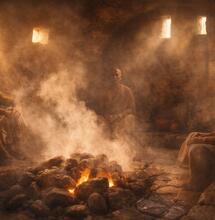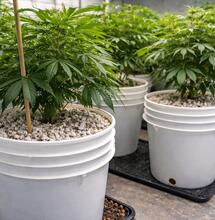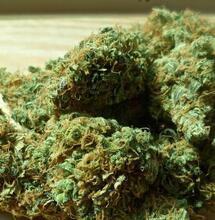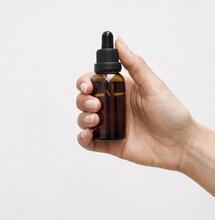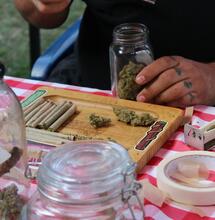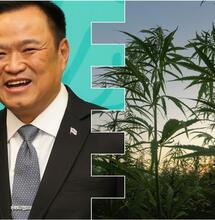To Ban or Not to Ban Hemp?
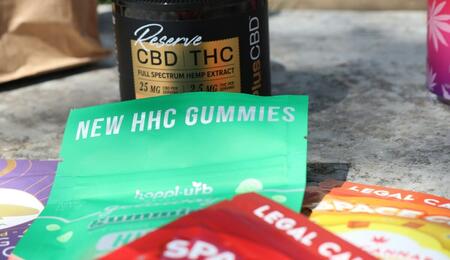
It’s probably the wildest year for hemp in the U.S. Multiple states have tried to either ban or regulate high-inducing hemp products in some way, while hemp manufacturers are trying to adjust to the new rules or are filing legal challenges to state regulators in other cases. The conversation is ongoing on how to control hemp. Is it better to ban intoxicating hemp products or embrace these products and let them stay readily available for those who want to buy them?
While marijuana remains illegal under federal law, hemp was legalized federally with the Hemp Farming Act of 2018. To be counted as a legal plant material, hemp should contain no more than 0.3% Delta-9 THC, the main compound in cannabis that makes users high. However, it’s no secret that compounds in CBD/hemp cultivars can be synthetically converted to other potent high-inducing compounds, and as everyone knows, a lucrative market has already been built around these hemp products.
It’s a Challenge to Regulate Intoxicating Hemp-Derived Cannabinoids
There are over 100 naturally occurring cannabinoids found in cannabis. The most famous on the list are certainly delta-9 THC and cannabidiol or CBD. Unlike federally prohibited marijuana, federally approved hemp is packed with more significant amounts of CBD and only trace amounts of THC. But hemp manufacturers have perfected ways to turn hemp compounds into THC-like chemicals capable of causing high. This has led to an unprecedented rise of fully intoxicating hemp-derived products, fairly popular these days. These products can be found in both legal states and states where recreational use continues to be illegal.
The lack of regulation does not always look fair for legal cannabis retailers. For example, vape stores and gas stations in Illinois can sell hemp without problem and with little restriction on who they can sell these products, minors included. All while licensed marijuana shops face strict control, tons of test and label requirements, and of course they can only sell to those aged 21 and above, as it is written in the law.
Recent research indicates that there are over 25 different intoxicating compounds in hemp-derived cannabis products sold online. Some of the most common synthetically manufactured compounds from hemp include delta-8-THCO, delta-9-THCO, delta-10 THC, and HHC, HHC-P or THC-P from the newer generation of compounds.
Cannabinoids that are not naturally present in the cannabis plant and which are made synthetically (such as the above-mentioned examples) are not considered legal hemp as per the U.S. Drug Enforcement Administration (DEA). The agency already views these cannabinoids as illegal controlled substances under the CSA. An exception from this rule would be delta-8 THC, which is naturally occurring in hemp plants. As long as it is also naturally extracted, delta-8 THC remains in the zone of legal production.
With an open market where you can find all kinds of hemp products, regulators are grappling to control the situation, and some states do want to put an end to intoxicating hemp. Below, let’s take a look at some of the measures taken on regulating and also banning hemp.
List of states that technically ban intoxicating hemp. More specifically, these states have placed bans on delta-8 THC:
- Alaska
- Colorado
- Delaware
- Hawaii
- Idaho
- Massachusetts
- Mississippi
- Montana
- Nevada (can be approved for the marijuana sector)
- North Dakota
- Oregon
- Rhode Island
- Utah (can be permitted for medical)
- Vermont
- Washington
- West Virginia
States with limitations on all types of THC by weight per serving:
- Iowa
- Kansas
- Louisiana (any type of THC must be below 8 mg per serving and 1% by dry weight)
- Michigan (any type of THC under 0.3% and only marijuana-derived delta-8 permitted)
- Minnesota (any THC under 0.3% and less than 5 mg per serving)
- New Hampshire
- Virginia (2 mg serving limit; 25:1 CBD:THC ratio)
More often than not, state regulations do not encompass all intoxicating hemp-derived cannabinoid products available on the market. Also, there seems to be a little effect from outright bans on intoxicating hemp products. Delta-8 THC can still be found in some of the states that have enacted prohibitions on it. Plus the industry always finds ways to introduce fresh new forms of hemp-derived THC.
As the dilemma remains whether to ban or not to ban hemp, some states are looking at the examples of states like Virginia or Louisiana where intoxicating hemp is restricted but still tolerated. Others do continue to think about complete bans.
For example, regulators in New York have recently announced new rules for a mandatory CBD:THC ratio in hemp-derived products and introducing a maximum THC cap. The measure is expected to significantly slow down sales of high-making hemp.
New Jersey lawmakers have approved a bill that seeks to limit total THC levels of hemp-derived products to 0.5 mg per serving and 2.5 mg per package. While legislation in Vermont now permits retailers to sell hemp-derived products if they register as a cannabis manufacturer and wish to sell hemp with more than 1.5 mg THC per serving/ more than 10 mg THC per package.
On the other hand, Texas authorities are eyeing a full ban on delta-8 and delta-9, even though hemp-derived products have become a multi-billion dollar industry in the Lone Star State, and most Texans want legalization. Indeed, in the end it comes down to making a choice whether to accept or deny something that has already made its way on the American market.
Also read on Soft Secrets:
- There’s a Big Problem with Amazon Hemp




